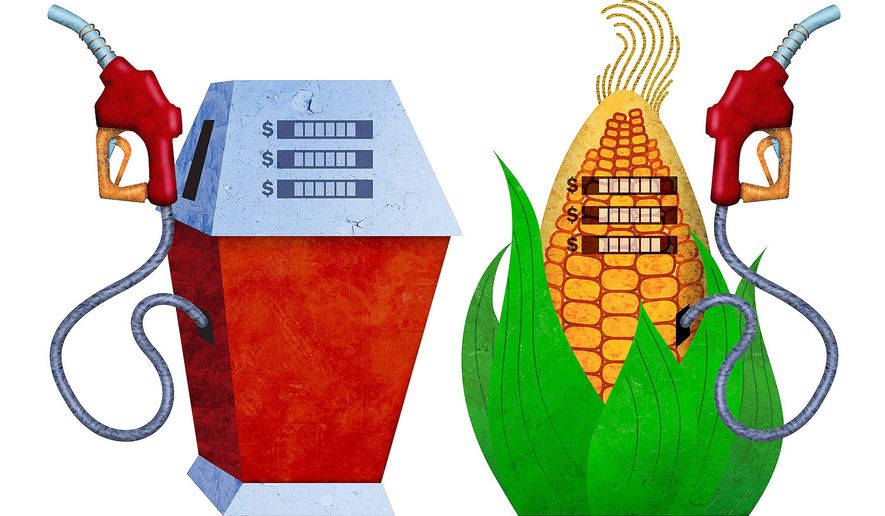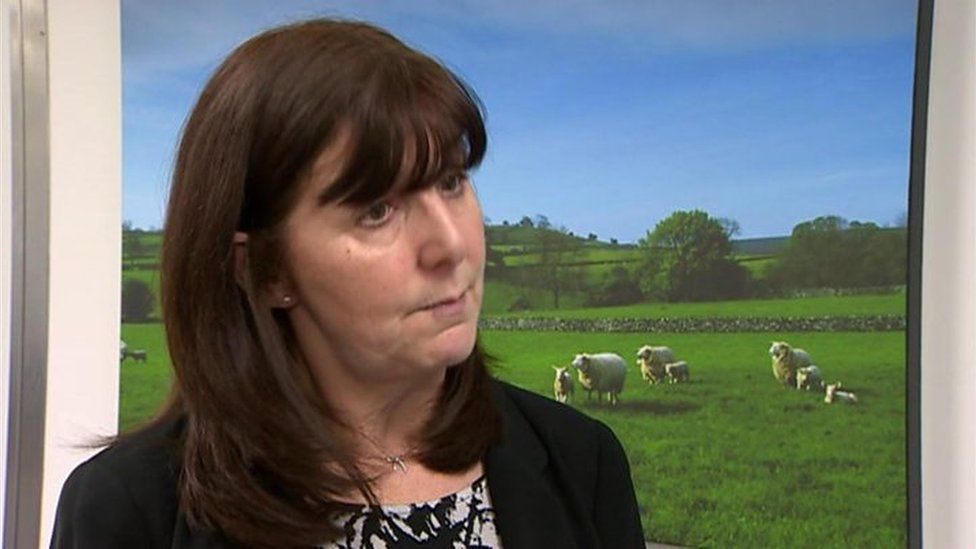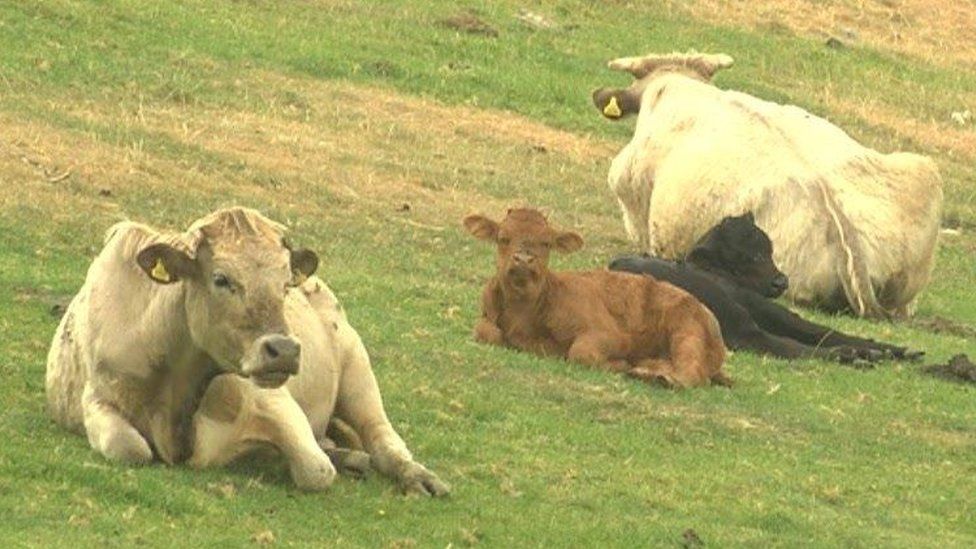 |
| ethanol |
Foodfarmnewstv
FADAMA 111 PROJECT ADDITIONAL FINANCING
Bestchange
Search This Blog
Labels
- News (412)
- Images speak (40)
- Press Release (39)
- livestock (30)
- FACAN (29)
- Editorial (23)
- Seed (20)
- Biotechnology (18)
- GM (18)
- Research (15)
- wheat (14)
- AFAN (13)
- Special Report (12)
- Cassava (11)
- Rice (10)
- Global news (9)
- Image Speaks (9)
- Maize (9)
- Coconut (7)
- Soil (7)
- Yam (7)
- Bt cowpea (6)
- Disease (6)
- Fertilizer (6)
- Ginger (6)
- Potato (6)
- World Soil Day (6)
- Animals (5)
- Apple (5)
- Cocoa (5)
- Oil Palm (5)
- Tomatoe (5)
- new (5)
- Cashew (4)
- Climate change (4)
- NCARD (4)
- World Food Day (4)
- Fish (3)
- Interview (3)
- National Council meeting on Agriculture. (3)
- Organic agric (3)
- Plant & genes (3)
- Plant genes (3)
- Project (3)
- Sesame (3)
- Shea butter (3)
- AI Research on Agriculture (2)
- Achia (2)
- African Cherry (2)
- Communique (2)
- Cotton (2)
- HAPPY NEW YEAR (2)
- Horticulture (2)
- Insurance (2)
- Kenaf (2)
- Opinion (2)
- Sorghum (2)
- Sunflower (2)
- Tomato (2)
- Turmeric (2)
- seasons greetings (2)
- Artemesia (1)
- Biodiversity (1)
- Birds (1)
- Carrot (1)
- Discovery (1)
- Donkey (1)
- Extension services (1)
- Facts sheets (1)
- Flash Flood (1)
- GES (1)
- GMO Rice (1)
- Garlic (1)
- Gene editing (1)
- Genetic (1)
- Groundnut (1)
- Jute bag (1)
- Locust bean (1)
- MERRY XMAS (1)
- Machinery (1)
- Mango (1)
- Milk (1)
- Okra (1)
- Post-harvest losses/ Food Waste (1)
- Presentation (1)
- Seaweed (1)
- Senate (1)
- Soybean (1)
- Tumeria (1)
- Walnut (1)
- bt cotton (1)
- flood (1)
- fruits (1)
- millet (1)
- water (1)
Total Pageviews
SPONSORED

Nigerian Institute of Soil Science- NISS
Translate to Other Languages
Latest News
Tuesday 31 July 2018
Brazil ethanol imports fall in June, NNE prices up: SECEX
Monday 30 July 2018
Welsh rural minister in bid to strengthen New Zealand links
 |
| Lesley Griffiths said New Zealand is a small globally trading nation like Wales |
Speaking ahead of her visit Ms Griffiths said: "Like Wales, New Zealand is a small outward-facing, globally trading nation and I believe there is a lot we can learn from each other."
Sunday 29 July 2018
Post-Brexit farm subsidy shake-up for Wales proposed
 |
| livestock |
Saturday 28 July 2018
Sugarcane ethanol benefits mapped out for Latin America
 |
| Sugarcane |
Friday 27 July 2018
Improved varieties: GMO, local breed chicken and 16 others registered in Nigeria
 |
| group picture |
The controversy over the use of Genetically
Modified Organism (GMO) in Nigeria was laid to rest as two Bt cotton were among
the newly released and registered improved varieties by the National Committee
on Naming, Registration and Release varieties of crops,
livestock/Fisheries at
National Centre for Genetic Resources and Biotechnology
(NACGRAB),Moorplantion, Ibadan, Nigeria. This is the first ever officially
approved GMO crop in the country and it can now be transferred to farmers
through commercial multiplication.
Thursday 26 July 2018
Pictures speak at the Ongoing 26th meeting of National committee on naming, registration and release of crops varieties, livestock breeds/fishes held at NACGRA conference room, Moorplantation, Ibadan.
Pictures speak at the Ongoing 26th meeting of National committee on naming, registration and release of crops varieties, livestock breeds/fishes held at NACGRA conference room, Moorplantation, Ibadan. See more pictures below..
Slovakia turns back on ag biotechnology
 |
| maize |
Wednesday 25 July 2018
Africa’s 20,000 weather station plan
 |
| weather station plan |
Tuesday 24 July 2018
Grafting helps pepper plants deal with drought
 |
| pepper |
Monday 23 July 2018
UN Food Agencies Team Up to Secure Livelihoods in Northeast Nigeria
 |
| UN Food Agencies Team Up to Secure Livelihoods in Northeast Nigeria |
The United Nations Food and Agriculture Organization (FAO) and the World Food Programme (WFP) have launched a joint effort to support conflict-affected people in northeastern Nigeria to increase their food production and reduce dependence on food assistance. Using a ‘twin track’ approach, FAO is providing enough seed and fertilizer to produce up to eight months’ worth of food during the 2018 rainy season, while WFP covers the food needs of households until these crucial harvests in September.
Subscribe to:
Posts (Atom)





